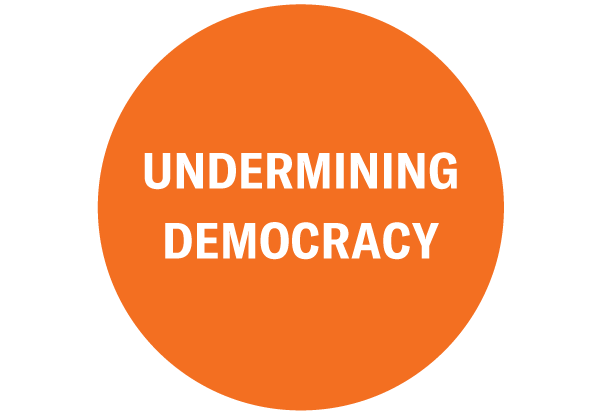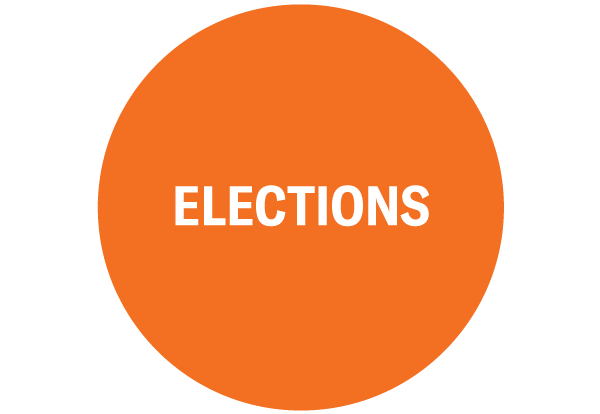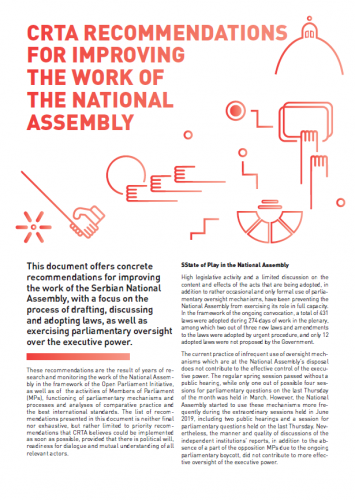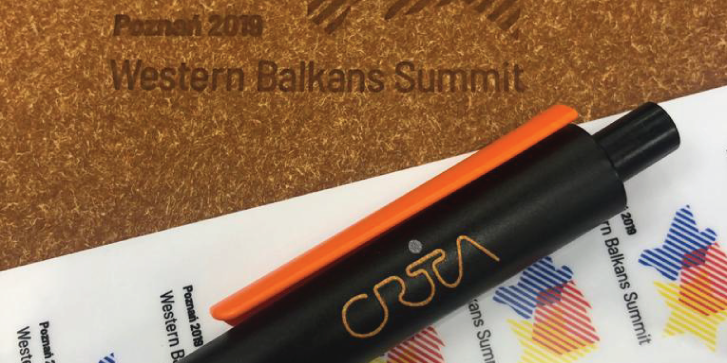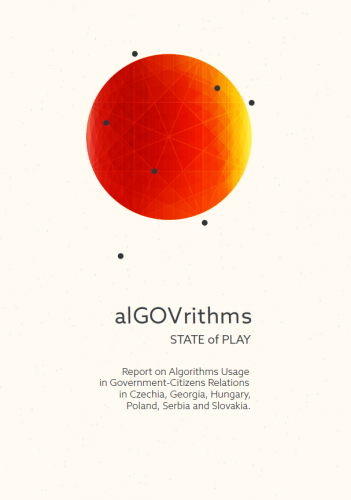These recommendations are a result of years of re-search and monitoring the work of the National Assem-bly in the framework of the Open Parliament Initiative, as well as of the activities of Members of the Parliament (MPs), functioning of parliamentary mechanisms and processes, and analyses of comparative practice and the best international standards. The list of recommendations presented in this document is not final nor exhaustive, but rather limited to priority recommendations that CRTA believes could be implemented at the earliest opportunity, with the existence of political will, readiness for dialogue and mutual understanding of all relevant actors.
The meeting between six representatives of civil society organizations from the region and the ministers of foreign affairs of the countries of the Western Balkans and the European Union, was held from 3rd to 5th July at the 2019 Western Balkans Summit in Poznan, within the Berlin Process initiative.
The process in which the Committee for Culture and Information proposed to the National Assembly Milan Marinović for the new Commissioner for Information of Public Importance Personal Data Protection did not ensure that the choice between the candidates be based on the assessment and comparison of their qualifications, previous specific experience in the fields within the competence of the Commissioner and work plans.
More than 80 civil society organisations, media, business, professional and scientific communities’ representatives are urging MPs to support Nevena Ružić as a candidate for the new Commissioner for Information of Public Importance and Personal Data Protection. We are firmly convinced that Nevena Ružić possesses the expertise, experience and integrity necessary for managing the institution of the Commissioner.
Civil society organisations urge the Committee for Culture and Information of the National Assembly to withdraw a requirement from calls to the parliamentary groups regarding nominations of candidates for the election of the new Commissioner for Information of Public Importance Personal Data Protection, which forbids that the candidate be employed in another state body at the time of proposing for the function, as that is not stipulated by law.
Since June 2012, Open Parliament informs citizens on the work of the National Assembly of the Republic of Serbia, monitors MPs activities and events in the Assembly. In seven years, 1057 laws were adopted in 682 working days in the plenary which were analysed, more than 250,000 MPs speeches were published, almost 300 law abstracts, over 30 surveys on parliamentary processes and the work of the Assembly, and more than 900 citizens questions were collected.
The heated debate on algorithms which are part of the software used by the state and strongly influence citizens’ lives is present in Western countries, but it has not yet reached the same level in Central and Eastern Europe. This does not mean that automated decision processes do not exist in these regions. The report…
The Anti-Corruption Law which was adopted today does not allow curbing of public resources abuse and the prevention of public officials’ campaign, and is in fact yet another missed opportunity to improve legal framework for the conduct of the elections is Serbia, assessed the organisation CRTA.
“It is necessary to open up institutions and leaders for potential dialogues with young people who are eager for change and advancements, while the growing apathy among future generations can be overcome by education and information“, this is the conclusion of a panel discussion “Two angles – is there a dialogue between us?” held during the final event and the diploma awarding ceremony to the third generation of students of the Academy for Democracy organised by the CRTA with the support of the OSCE Mission to Serbia.
Our topics

Democratic culture
Because politics is not just for politicians. It is our human and citizen right to participate in the processes of making decisions which influence our lives. A dialogue has no alternative.

Free and fair elections
Because elections are the pillars of democracy. It is every citizen’s right to decide on whom to give his/her vote in free and fair conditions. Our vote is valuable and it can make a difference.

Open institutions
Because institutions serve the citizens. We need strong institutions with integrity which protect the public interest.

Free media
Because media should ask questions and critically analyse the reality. We need the media which protect the public interest and tackle the needs of the citizens.




